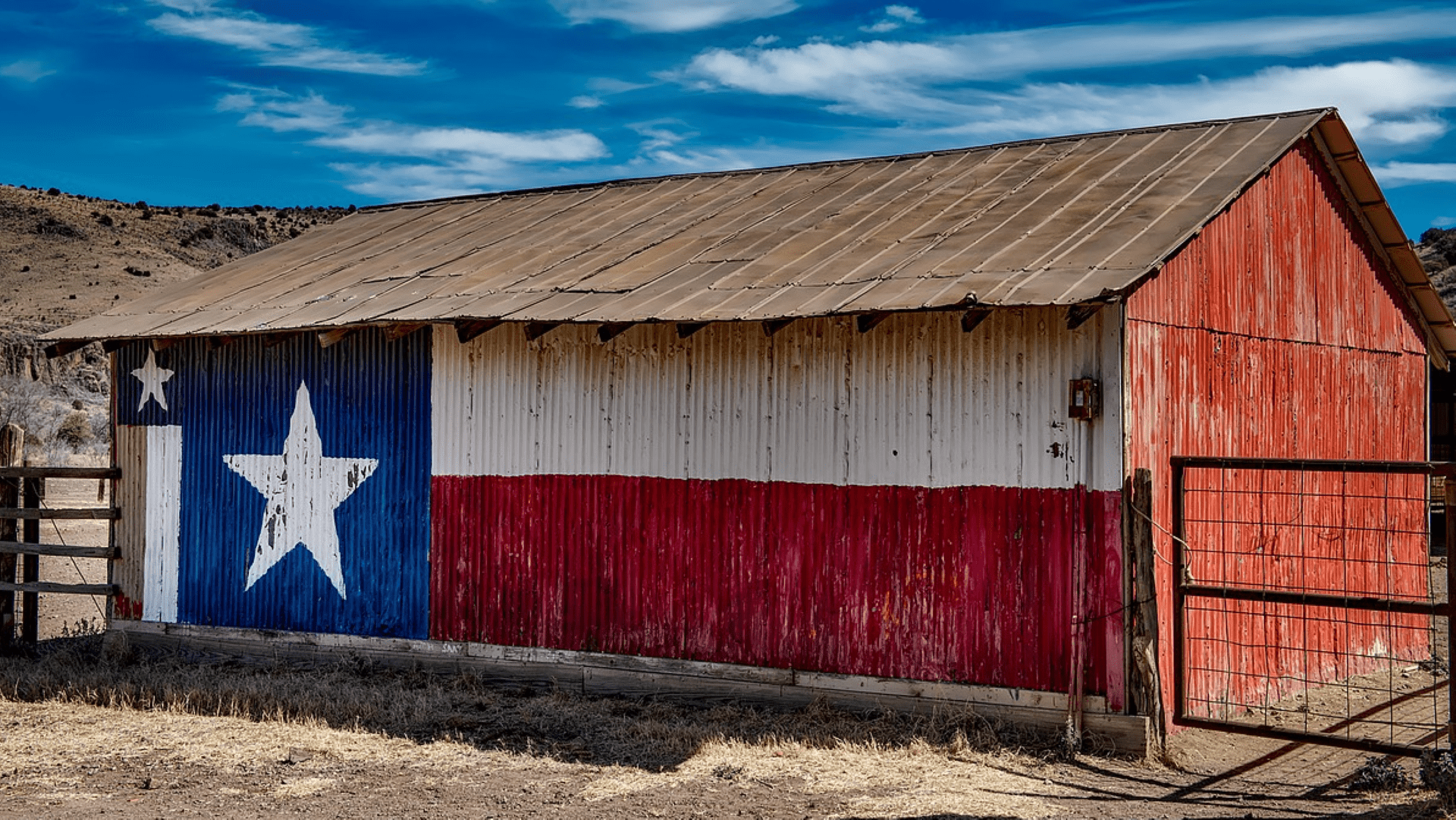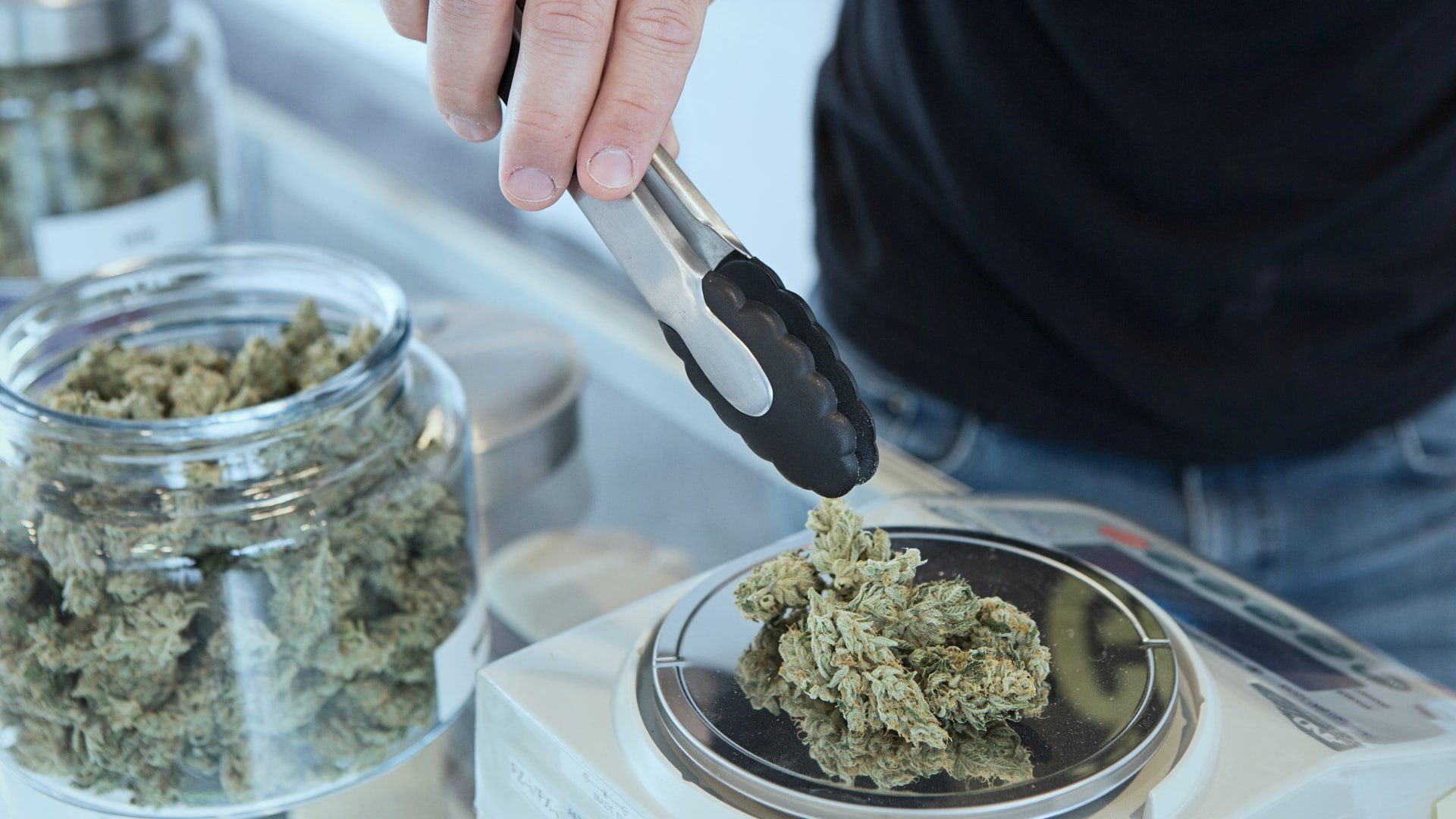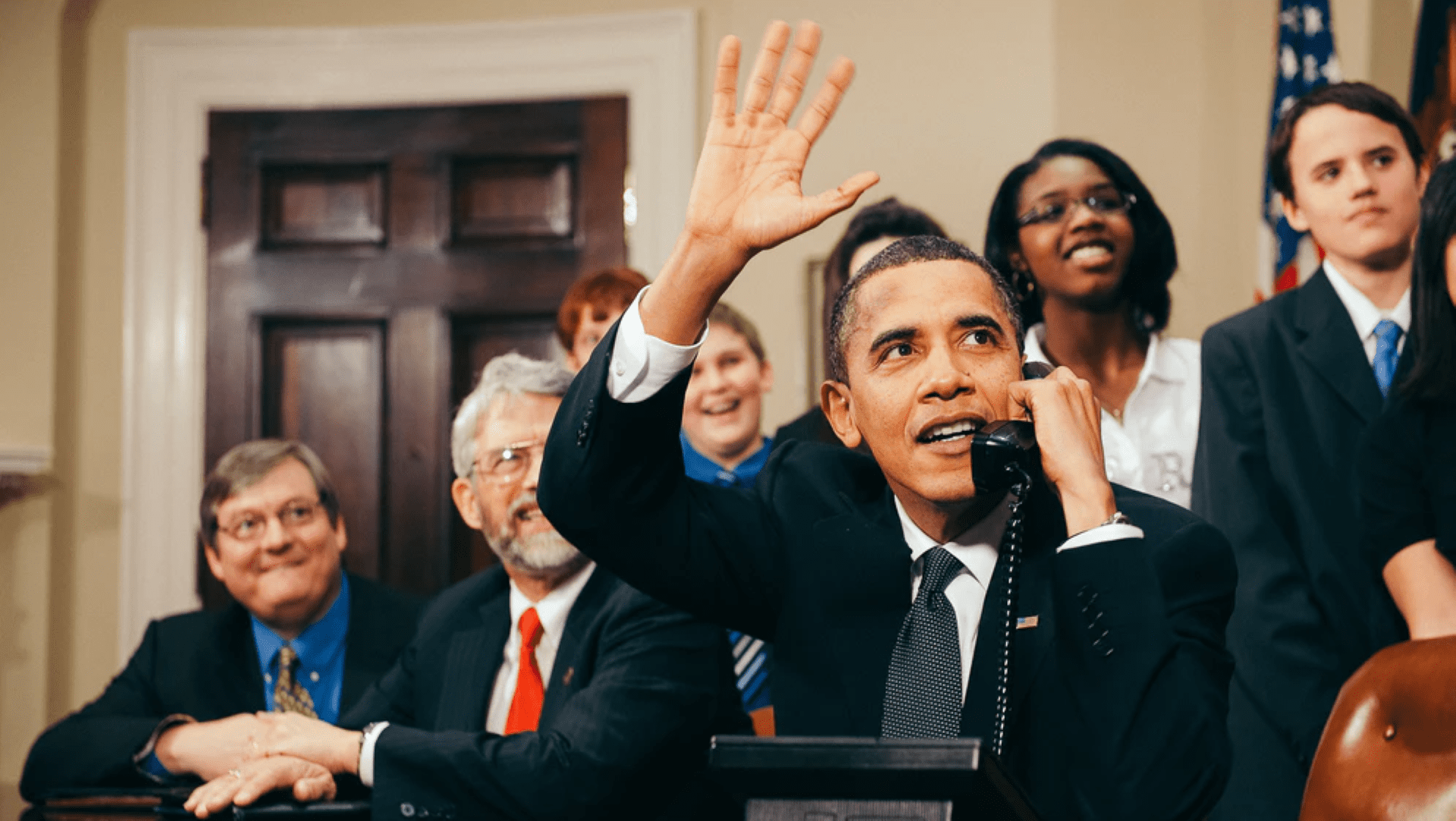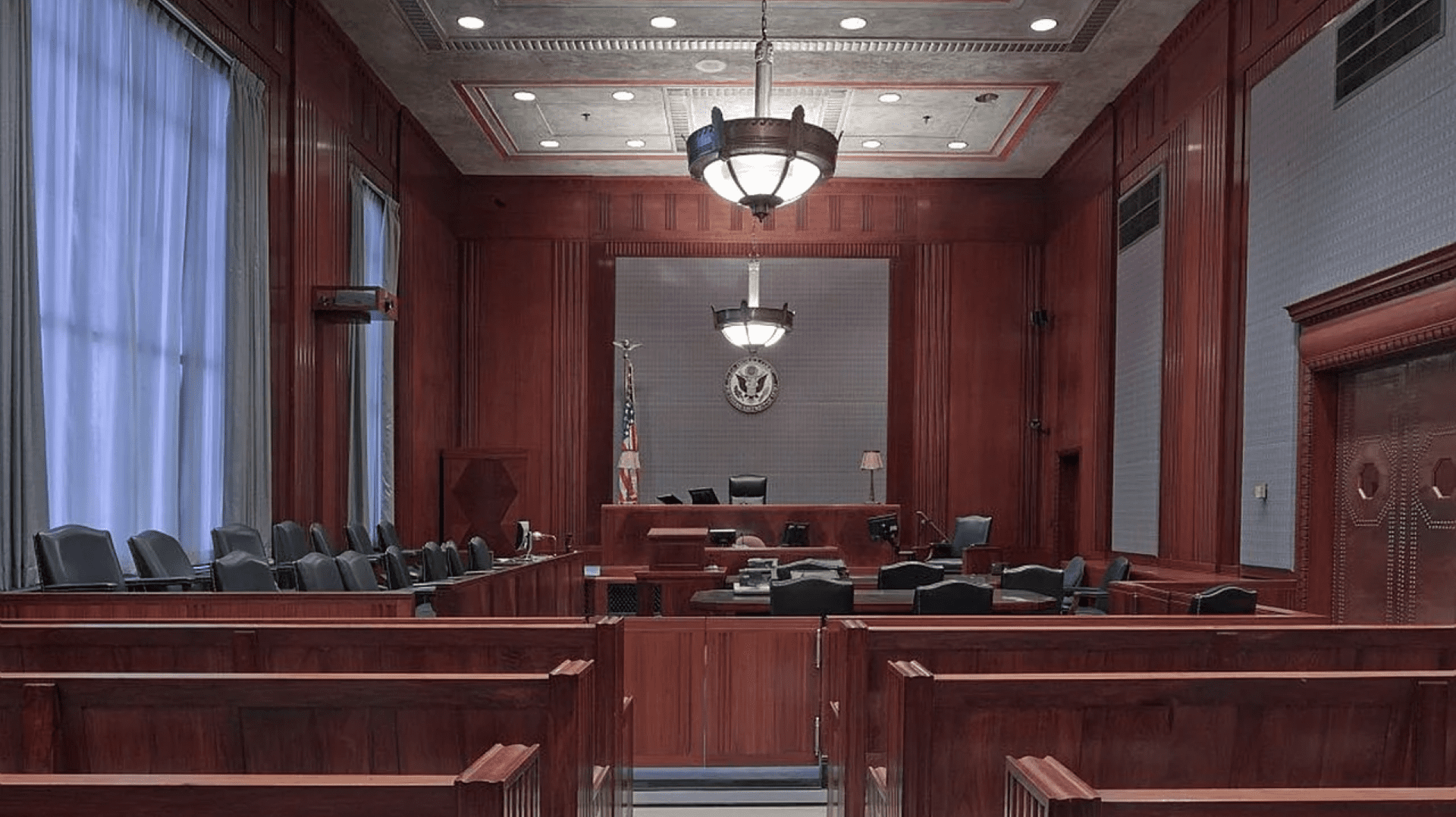By Lucas Lostoski
The Lone Star State is one of the increasingly few states in the US that has not fully legalized either medical or recreational marijuana. But progress is being made with the recent House bill 1535 passing to the full House floor.
This bill will hopefully open up more possibilities for the use of marijuana by Texans suffering from health conditions. A slew of other complementary bills have also been doing the rounds, and if passed, they would make the lives of marijuana users infinitely less miserable.
Texas politicians have spoken out against drug prohibition
And this cannot come soon enough. In 2015, Texas State Representative David Simpson (R-Longview) introduced a bill that would end marijuana prohibition in Texas for both medical and recreational purposes. He expounded upon his reasoning for doing so in an op-ed titled “The Christian Case for Drug Reform.”
In the article, Simpson assesses the problems the War on Drugs has caused, including “the increased usage of designer drugs, and the violation of constitutional rights.” These rights violations include no-knock police raids, stop-and-frisk tactics, and civil asset forfeiture, according to the author.
Each example highlights the moral failings of the War on Drugs. The negative side-effects which have manifested from the War on Drugs (whether you believe it is well-intentioned or not) are enough for us to definitively say that this: The four-decade-long prohibition against largely harmless behavior is an erroneous waste of time and money that serves to make cartels richer and stronger, and citizens’ constitutional rights weaker and less meaningful.
Simpson’s bill is a call for reason in an age of insane laws and government overreach in the private lives of citizens. Take, for example, how the fight against drugs has largely led to an increase in violations of the Fourth Amendment rights of Americans.
The War on Drugs has caused more police militarization
Since the onset of the War on Drugs in the early 1970s, drug warriors have argued that police need the authority to conduct no-knock raids. According to Radley Balko in his book Rise of the Warrior Cop, once a federal law was passed to allow no-knock raids, it was so vigorously abused that it had to be repealed only a few years later.
Furthermore, an ACLU study found that 80 percent of SWAT team deployments are used to respond to search warrants, despite their intended purpose for use in active shootings or hostage situations. While the minority of these deployments were no-knock raids, it still underscores the rising militarization of police that has occurred in the United States over the last 40 years, largely due to the War on Drugs.
Armored SWAT units raiding homes without knocking because they have a suspicion that someone possesses marijuana (or any drug) seems like the “unreasonable search” that the writers of the Constitution attempted to guard against when they penned the Fourth Amendment.
Police have been given unjust powers to harass citizens
Simpson also mentioned the policy of stop-and-frisk, which was carried out most prominently in New York City, but was revoked in early 2014. The policy allowed police to stop and pat down anyone they suspected of possessing drugs or weapons.
According to the New York Civil Liberties Union, 90 percent of the people targeted by the law were completely innocent of any crime, and 88 percent of those stopped by police were racial minorities.
While this law does not explicitly apply to Texas, it highlights the absurdity and paranoia that our nation has embraced when it comes to stopping drug use. Racial profiling and the harassment of innocent people are deemed perfectly reasonable in the “moral” crusade against drugs.
Texas suffers greatly from mass incarceration
Moreover, these policies have led to a vast increase in the United States prison population. No country imprisons more people than our own. Not India. Not Russia. Not even China. In fact, the United States houses 25 percent of the world’s prisoners.
According to that Justice Policy Institute study, if we were to include only non-violent drug offenders, the United States would still house 12.5 percent of the world’s prison population. What a shameful statistic for a country that views itself as the beacon of freedom in the world.
In fact, Texas houses the most prisoners in America, with over 163,000 people incarcerated in the state. This means that 770 out of every 100,000 people in Texas are imprisoned. Furthermore, 2,855 out of every 100,000 African American Texans are imprisoned as we speak, meaning that nearly three percent of all African American people in our state are currently behind bars.
Since 1978, Texas’ rate of imprisonment has increased by 285 percent, which is largely due to the increase of non-violent drug offenders being placed in jail cells.
The increase in the prison population is also a detriment to Texas from an economic standpoint. The cost to house just one prisoner in Texas is $21,390 annually, while the state’s prison system overall costs around $3.3 billion annually.
The War on Drugs is simply immoral
Overall, drug prohibition has cost Texans dearly. It has cost us our constitutional rights, our freedom, and our economic prosperity. Drug prohibition is not moral. No one can claim to be doing moral work while locking up nearly one percent of the total population.
No one can claim to be doing moral work while legitimizing no-knock raids and making suspects out of everyone who has the audacity to walk the streets. And no one can claim to be doing moral work when allocating billions of dollars to prisons and creating single parent households.
The prohibitionists are simply an immoral bunch. They sell out the future of Texas to stop adults from making their own choices. They seek to punish that which they find objectionable, and in so doing, they have placed our state in peril.
The only moral choice is to end marijuana prohibition in Texas now.
To read more about the Drug War, be sure to check out our cluster page by clicking on the button below.
This piece solely expresses the opinion of the author and not necessarily the organization as a whole. Students For Liberty is committed to facilitating a broad dialogue for liberty, representing a variety of opinions.









